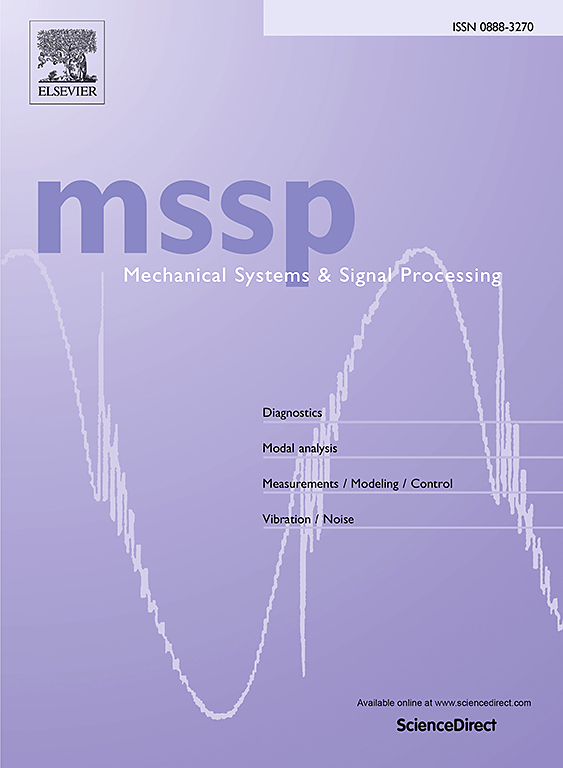基于任务相似度的多阶段连续学习及其在小故障诊断中的应用
IF 7.9
1区 工程技术
Q1 ENGINEERING, MECHANICAL
引用次数: 0
摘要
在工业机械的运行过程中,由于数据的稀缺性和任务的异构性,经常会遇到难以诊断的小故障。传统的深度学习方法面临着这些挑战,因为它们需要大量的标记数据集,并且缺乏对不断变化的故障模式的适应性。持续学习提供了一个很有前途的解决方案,它使模型能够在减轻灾难性遗忘的同时进行顺序学习。提出了一种结合特征重放和损失分配策略的基于任务相似性的持续学习(TSCL)故障诊断框架,增强了多阶段环境下任务间知识的保留和传递。特征重播机制基于特征相似度识别前一阶段的关键样本并进行重播,将所有样本投影到具有相同概率分布的特征空间中。此外,提出了一种基于参数重要度的损失分配机制,该机制对各个参数在前一阶段的重要度进行评估,并分配适当的更新幅度,从而增强了模型保留前一阶段任务知识的能力。在四个公共数据集上的实验验证表明,在少镜头学习和多阶段场景下,该方法优于主流比较方法。特别是,在工业应用的挖掘机数据集上,TSCL在多阶段学习中表现出出色的稳定性和高精度,对先前任务的记忆保留有显着改善。本文章由计算机程序翻译,如有差异,请以英文原文为准。
Task similarity-based continual learning for multi-phase environments and its application in few-shot fault diagnosis
During the operation of industrial machinery, few-shot faults that are difficult to diagnose due to data scarcity and task heterogeneity are frequently encountered. Traditional deep learning methods struggle with these challenges, as they require large labeled datasets and lack adaptability to evolving fault patterns. Continual learning provides a promising solution by enabling models to learn sequentially while mitigating catastrophic forgetting. A task similarity-based continual learning (TSCL) fault diagnosis framework that incorporates feature replay and loss allocation strategies is proposed, enhancing knowledge retention and transfer across tasks in multi-phase environments. The feature replay mechanism identifies key samples from the previous phase based on feature similarity and replays them, projecting all samples into the feature space of the same probability distribution. Additionally, a loss allocation mechanism based on parameter importance is proposed that evaluates the significance of each parameter in previous phases and assigns appropriate update magnitudes, thereby enhancing the ability to retain previous task knowledge of the model. Experimental validations on four public datasets demonstrate that, in few-shot learning and multi-stage scenarios, the proposed method outperforms mainstream comparative approaches. In particular, on the excavator dataset from an industrial application, TSCL exhibits excellent stability and high accuracy in multi-phase learning, with a marked improvement in memory retention for previous tasks.
求助全文
通过发布文献求助,成功后即可免费获取论文全文。
去求助
来源期刊

Mechanical Systems and Signal Processing
工程技术-工程:机械
CiteScore
14.80
自引率
13.10%
发文量
1183
审稿时长
5.4 months
期刊介绍:
Journal Name: Mechanical Systems and Signal Processing (MSSP)
Interdisciplinary Focus:
Mechanical, Aerospace, and Civil Engineering
Purpose:Reporting scientific advancements of the highest quality
Arising from new techniques in sensing, instrumentation, signal processing, modelling, and control of dynamic systems
 求助内容:
求助内容: 应助结果提醒方式:
应助结果提醒方式:


